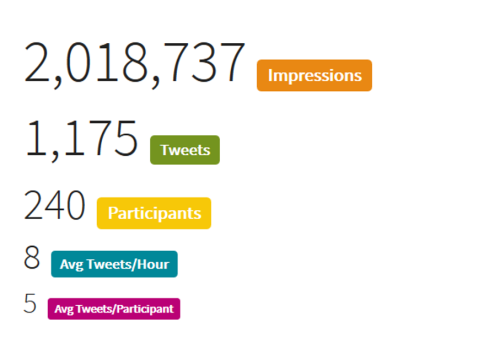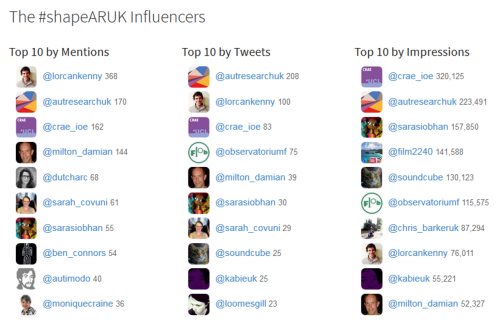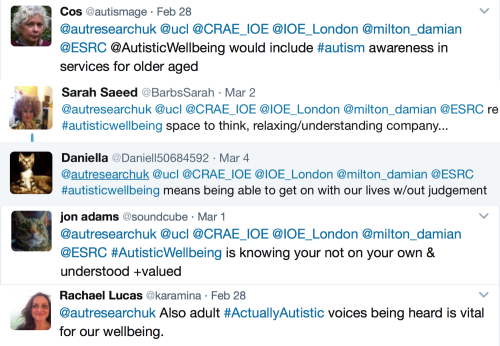Posts tagged wellbeing
Really love the autism friendliness thought which has gone into the planning of this seminar. Other events could learn from this!
Autistic wellbeing can be very fragile, being reliant on so many factors out of people on the spectrum’s control.
Keynote lecture by Professor Roy Richard Grinker on ‘The changing values of autism’
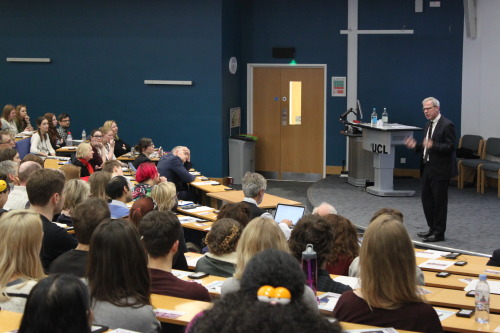
We were very fortunate to have Roy Richard Grinker, Professor of Anthropology and International Affairs at The George Washington University and Director of the Institute for African Studies, give not one, but two talks at our ESRC Shaping Autism Research seminar on Autistic Wellbeing - one during the seminar itself and another to a packed-out lecture theatre at a public event, hosted by the Centre for Research in Autism and Education (CRAE) at UCL Institute of Education and the National Autistic Society.
Richard gave a incredibly thought-provoking lecture on ‘The Changing Values of Autism: From Disease to Citizenship in Late Capitalism’, which you can watch here.
Creating comic strips to highlight autistic wellbeing
We were delighted to have illustrator and artist, Ben Connors, to talk about his own experiences - and comic creations - of autistic wellbeing and help us make our own comic strips based on lived/imagined/researched experience. People loved the comic workshop! Here are a few pics of people working on their creations with the help of the Piggie Plot Planner…
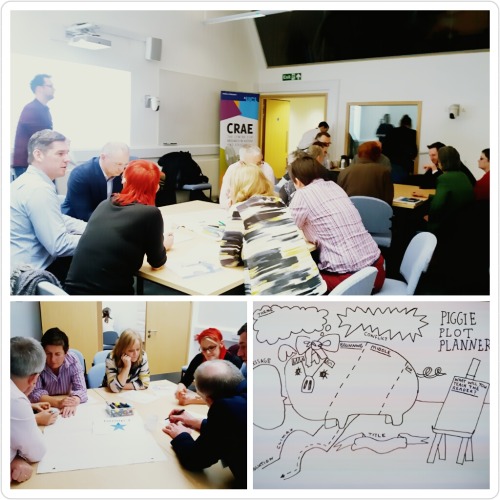
Beware neurotypical assumptions! Wellbeing is more than ‘happy’: inclusion, valuing people, respect, listening, acceptance
Autistic wellbeing

Thanks to everyone who was involved in our recent seminar on Autistic Wellbeing, the fifth seminar in our ESRC Shaping Autism Research series. This particular seminar focused on working towards a shared definition of autistic wellbeing (which, as some attendees quickly pointed out, might have been overly ambitious!) and determining how best to measure autistic wellbeing in our research and embed this understanding in our practice.
Susy Ridout and Damian Milton have put together an excellent summary of the two days below.
Autistic wellbeing seminar - Fifth Seminar, London
We are delighted to announce the programme for our fifth Shaping Autism Research seminar, which is focused specifically on autistic wellbeing. You can also download the easy read programme here.
Autistic wellbeing slides - London seminars
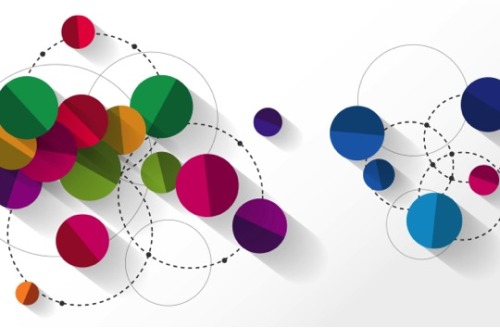
You can download slides from most speakers at the London seminar here:
1. Liz Pellicano: Welcome
2. Damian Milton: How notions of wellbeing are constructed in the accounts of autistic people
3. Steven Kapp: Quality of life and autistics: the critical roles of social support and subjective well-being
4. Martijn Dekker: Neurodiversity in the post-factual society
5. Helen McConachie: Measurement of quality of life
6. Hilde Geurts: Which factors determine autistic wellbeing across the adult lifespan?
7. Ben Connors: Comic strip workshop introduction
8. Monique Craine: Blogger, campaigner and activist for the neurodivergent (ND) community
9. Ginny Russell: How can we prioritise autistic wellbeing in biomedical research?
10. Bob Lowndes: Embedding autistic well-being into our research and practice
Barriers and processes impacting on wellbeing
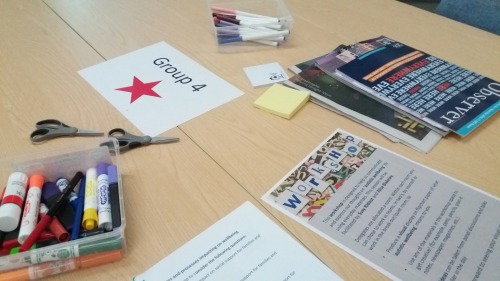
On Day One of the seminar, Susy Ridout and Alice Blakeley facilitated a workshop, which sought to help attendees think creatively about what ‘autistic wellbeing’ means to them and some of the barriers to it in relation to processes, power and context. These are some of the things people came up with … clearly a very thought-provoking exercise!
Wellbeing means different things to different people
What ONE thing have you learned about autistic wellbeing?
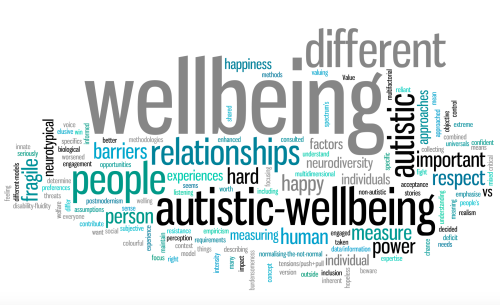
During the second day of the seminar, we asked attendees to consider the ONE thing that they had learned about autistic wellbeing and to write it on a postcard. This activity elicited some fantastic responses! All copied below.
Is autistic wellbeing any different to neurotypical wellbeing?
Discover more
- Non Gamstop Casino
- Non Gamstop Betting Sites
- Games Not On Gamstop
- Best Casinos Not On Gamstop
- Non Gamstop Casino
- Non Gamstop Casinos UK
- Non Gamstop Casino
- UK Casino Not On Gamstop
- Sites Not On Gamstop
- Best Non Gamstop Casinos
- UK Casinos Not On Gamstop
- UK Online Casinos Not On Gamstop
- UK Casino Sites Not On Gamstop
- UK Casino Not On Gamstop
- Casinos Not On Gamstop
- Best Non Gamstop Casinos
- Casino Not On Gamstop
- UK Casinos Not On Gamstop
- Casino Not On Gamstop
- Best Betting Sites UK
- Betting Sites Not On Gamstop
- Non Gamstop Casinos
- Non Gamstop Casino

